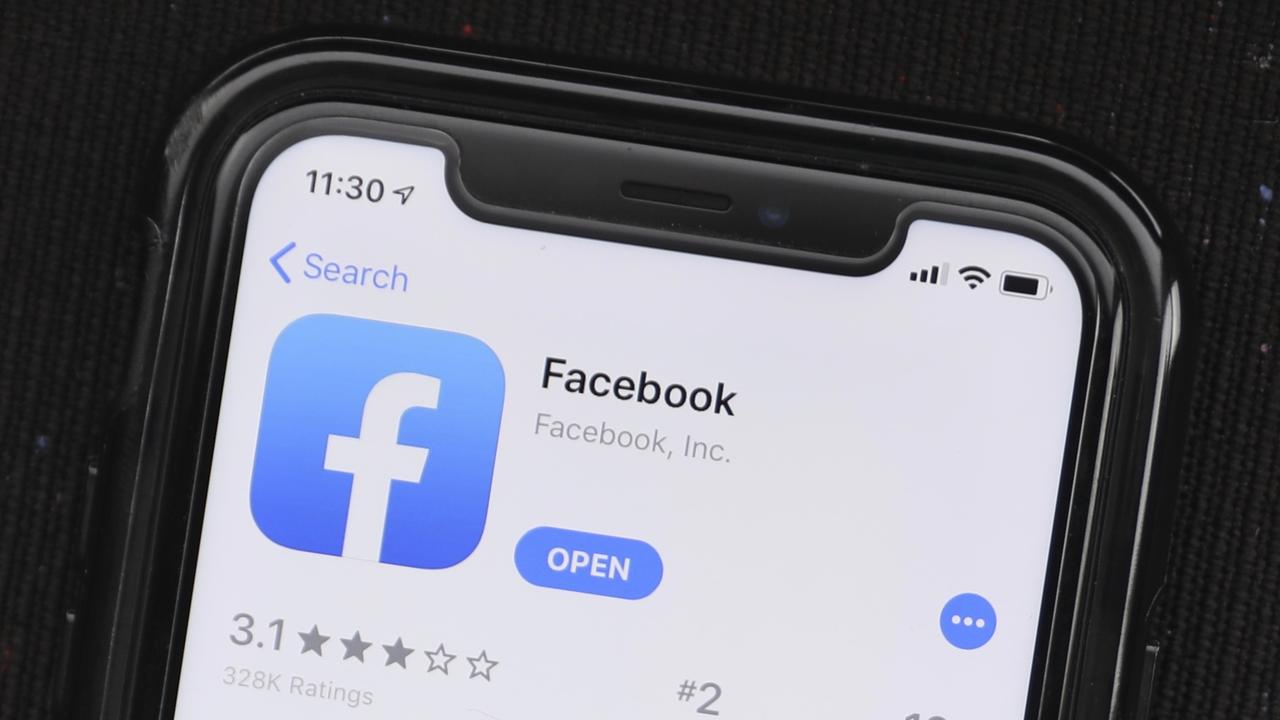New Zealand news site Stuff quit Facebook indefinitely
A major news site in New Zealand has made a decision on “principle” to trial quitting Facebook after the company refused to address issues.

New Zealand’s biggest news outlet has announced it is quitting Facebook in a trial “inspired by principle”.
Stuff, publisher of Stuff.co.nz is trialling quitting the platform, amid ongoing criticism over a number of issues on the site, and a wider ad boycott around the world.
Stuff announced it in a news story on its site on Monday afternoon, shortly after an internal memo was leaked to online magazine The Spinoff.
The memo was sent to editorial managers on Monday morning and said the publisher would trial ceasing all activity on Facebook and its subsidiary Instagram.

Nearly 953,000 people follow its account on Facebook and 134,000 on Instagram.
Stuff’s decision to quit Facebook comes in the context of a worldwide boycott from many advertisers including Coca-Cola, Ford, the North Face and Unilever.
The boycott is in response to Facebook not adequately handling the spread of hate speech and misinformation on its platform, which is largely moderated by computers.
A few thousand human beings review content flagged by algorithms or users, on a site that has more than 2.5 billion accounts and operates in virtually every language.
The decision has also come after years of criticism of the social media giant, and of Google, over perceptions that the two companies were profiting off the work of news outlets and not giving them a cent for it.
Both have recently had their arms twisted into hashing out arrangements with some outlets, potentially in response to Apple’s introduction of its own News platform that pays publishers.
While Facebook and Google profit off the news media they also have an impact on it.
Changes in both company’s algorithms (made at their whim) can also have massive impacts on publishers’ ability to get their content seen.
One example of this is Facebook’s widely derided 2016 “pivot to video”.
This algorithm change prioritised video content, meaning many digital media outlets also “pivoted to video”, and several later went out of business.
We have yet another casualty of the “pivot to video†trend—driven largely by Facebook and its falsified stats—that has halted or ruined the careers of countless journalists. That said, maybe folks who bought into that lie shouldn’t run major media outlets. https://t.co/UJa9fIK1L2
— Jamil Smith (@JamilSmith) November 29, 2018
I wrote about the real lie behind the "pivot to video," which was not Facebook's metrics screwup but the patently dishonest claim that it was ever about what *users* wanted. https://t.co/5xZeEAN5Ya pic.twitter.com/DhHB1XMbP5
— Will Oremus (@WillOremus) October 19, 2018
The pivot juiced Facebook engagement numbers and allowed them to boast bigger stats to potential advertisers.
Videos autoplaying on the site meant that these statistics were inflated.
A US Federal Court handed down a $A57.5 million fine last year after it found Facebook inflated viewerships stats by up to 900 per cent.
Facebook denied all the claims in the lawsuit and maintained it did nothing wrong, settling the lawsuit and paying the fine out of the loose change that fell down the back of its couch in a year it made $A26.4 billion in profit.
RELATED: Zuckerberg ‘disgusted’ but inactive on Trump posts
RELATED: Why you can’t just read the headline

Stuff qualified its pause “is an experiment though, and we’ll monitor the results closely”.
“It’s the sort of thing we’re going to monitor week by week and see how it goes,” Stuff editor in chief Patrick Crewdson said.
He added the decision to experiment came after long running internal conversations about what its presence should be on the site.
The trial will give the outlet an idea of just how much traffic actually does come from Facebook, and could provide insight on whether users might just navigate to the website themselves.
Mr Crewdson added that the issues that prompted a pause on its Facebook didn’t pop up overnight and the company’s willingness to tackle them had so far been “slow to non-existent”.
An earlier decision to cease advertising on the platform reportedly had little impact on the publisher’s revenue.
The company had already quit advertising on Facebook, following the Christchurch massacre in March of last year, when an Australian-born terrorist killed 51 people as they prayed at mosques on a Friday afternoon.
The shootings were livestreamed on Facebook and Stuff did not want to financially support the platform.
RELATED: Trump moves against Twitter

RELATED: Vile abuse after TV appearance
You’d have to question the thinking of a person who wanted to view such content, but they weren’t the only ones who did.
Because of Facebook’s algorithms it just popped up in some people’s feeds, where it began playing automatically before they even had a chance to figure out what they were watching.
Facebook did much navel gazing in the wake of the incident, vowing to “explore” options to stop terrorists and shooters from ever providing live updates of their crimes on the platform again.
A little under a year later a similar, mildly less awful thing happened again, this time in Thailand.
Stuff was formerly owned by the Nine Network in Australia but was recently sold to its chief executive Sinead Boucher for $1.
Facebook’s Australian communications team said a member “will be able to reach out”, although they were the ones contacted for comment and not the other way around.
They are still yet to “reach out” and have repeatedly refused to provide a phone number for their office, but have this reporter’s.



